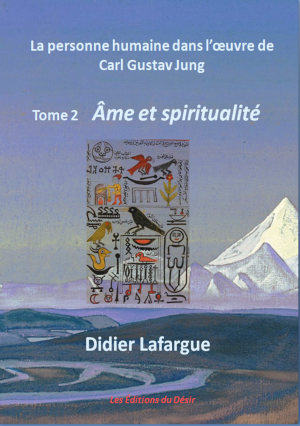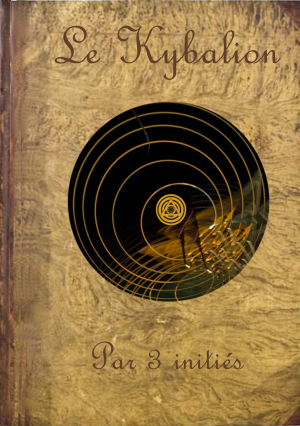How to approach esotericism
How to approach esotericism, to distinguish its profound meaning from all the approximations and trickery that flourish today?
Esotericism is often frightening it must be said that with the Internet all the conspiracy theses and the speech on anything by anyone, human stupidity has no limits.
Yet it may be a belief that some believe hard as iron for example that UFOs exist or that the inverted pyramid of the Louvre is made of 666 windows or that Jesus and Mary Magdalene hide their love in a small village of the Aude Rennes castle, we can also believe that we can really dialogue with the dead. But we still have the right to rethink in depth to seek at the heart of the human spirit those fundamental philosophical questions which are essentially inspired by love and elevation and which our elders have long known how to approach: Pythagoras, Paracelsus, Jacob Bohme, Eliphas Levy, Papus, Christian Rosenkreutz, Louis Claude de Saint Martin, Joseph de Maistre, Alan Kardec, HP Blavatsky, Aleistair Crowley, Fulcanelli, René Guénon, rené Schwaller…
All these strange spirits bubbling in love with the mystery, but above all they question who the man is. They seek out hidden knowledge, off the beaten path. And as Catherine Golliau said in a special issue of the Point entitled «The Masters of Secrecy», to understand Western esotericism one must be able to know why the Tarots of Marseilles, as promised on the internet, cannot be coupled to the kabbalah and if it were to stop being told to take us for fools, we would penetrate this extraordinary world and esotericism. Esotericism, which means the interior, is the secret teachings that are reserved to initiates; it is the opposite of exoterism that designates what is made public which is profane as opposed to initiatory. It can be said that this is also what concerns public ceremonies religious ceremonies esotericism is interested in meanings and not in the external form of things exoterism means any teaching that is not hermetic these are rites of the teachings that are conveyed by religions through traditions that are addressed to all members of a community as they are novice exoterists who are not yet ready: they cannot go towards esotericism; or profane exoterists who are indifferent or even hostile to esoterism.
1/ This eso/exo distinction is an important point of reference for addressing, personally, esotericism and its multiple contemporary faces. It introduces the idea of the path necessary to go towards knowledge… and even more towards hidden knowledge.
This eliminates many simplistic contemporary discourses and movements even built on impostures.
2/ The other point of reference is more collective, cultural, historical and intrinsically spiritual: it is the long tradition of research carried out since the Middle Ages. They may seem complex or contradictory, but in reality it is by deepening them, by confronting them, by retaining certain common fundamentals, that one progresses towards self-knowledge… and the cosmos, from a spiritual perspective.
3/ Finally, the practice of rituals very elaborate over time, thought out, practiced in groups for a very long time, constitute experiences that mark the spiritual paths and anchor them. Rituals have nothing to do with practices based on superstitious simplifications.
Our time is becoming more and more confused. It is also subject to power issues, in the sense of control over others, and even more so financial issues. Esotericism, for example, will be seen by the very people who claim to analyze it, essentially as a market, and as a danger of control over individuals… This approach is necessary, but it is not esotericism but a modern construction of a simplistic set of illusions, without taking the slightest distance of critical spirit or elevation. The Arte issue opposite is representative of this. On the other hand, the special issue of the March-April 2014 issue «The Masters of Secrecy», opens to the understanding of the foundations and the esoteric approach, through reflections on its meaning, and from the «masters» of esotericism and their works.






















